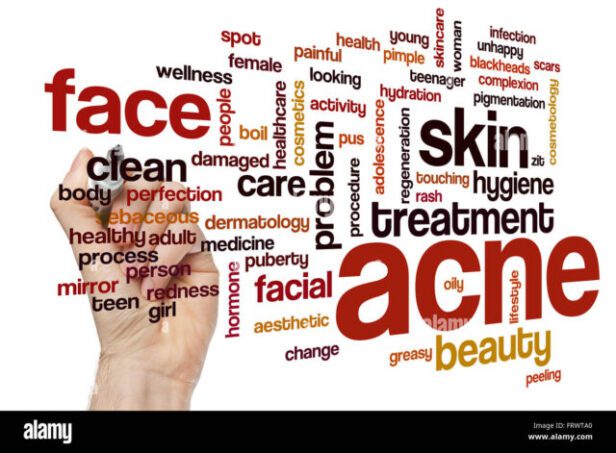Stress is a natural part of life, and it affects everyone differently. While some people may handle stress with ease, others may experience significant physical and mental health effects, including skin problems. In this article, we will explore the relationship between stress and skin health, how stress affects skin, and what you can do to manage stress and maintain healthy skin.
The Connection Between Stress and Skin Health
Stress is a complex response that affects the body in many ways, including skin health. When a person experiences stress, the body releases cortisol and other hormones, which can have a direct impact on the skin. Cortisol, in particular, is known to cause skin problems, such as acne, psoriasis, and eczema. Additionally, stress can weaken the immune system, making it more difficult for the body to fight off skin infections and heal wounds.
How Stress Affects Skin
Stress can cause a variety of skin problems, including:
Acne: Cortisol stimulates the production of oil in the skin, which can lead to clogged pores and breakouts.
Psoriasis: Stress can trigger flare-ups of this autoimmune condition, which causes scaly patches of skin.
Eczema: Stress can worsen the symptoms of eczema, a skin condition characterized by itchy, red, and inflamed skin.
Rosacea: This skin condition, which causes redness and visible blood vessels, can be exacerbated by stress.
Hives: Stress can cause hives, a skin reaction characterized by raised, itchy welts.
Wrinkles: Stress can cause wrinkles and fine lines to form due to the breakdown of collagen, a protein that gives skin its elasticity.
Managing Stress for Healthy Skin
There are many ways to manage stress and promote healthy skin, including:
Exercise: Regular exercise can help reduce stress levels and improve overall skin health. Exercise increases blood flow to the skin, which delivers vital nutrients and oxygen to the skin cells.
Sleep: Getting enough sleep is important for overall health, including skin health. Lack of sleep can cause skin to appear dull and lifeless, and can even exacerbate skin problems.
Diet: Eating a healthy diet rich in fruits and vegetables can help support skin health and reduce the effects of stress on the skin. Antioxidants in fruits and vegetables help protect skin from damage caused by free radicals.
Relaxation techniques: Techniques such as meditation, yoga, and deep breathing can help reduce stress levels and improve skin health.
Skincare routine: Developing a consistent skincare routine can help keep skin healthy and reduce the effects of stress on the skin. This should include cleansing, moisturizing, and protecting the skin from the sun.
Conclusion
Stress is a natural part of life, but it can have a significant impact on skin health. Cortisol and other hormones released during times of stress can cause skin problems, such as acne, psoriasis, and eczema. Additionally, stress can weaken the immune system and make it more difficult for the body to fight off skin infections and heal wounds. To maintain healthy skin and manage stress, it is important to exercise regularly, get enough sleep, eat a healthy diet, practice relaxation techniques, and develop a consistent skincare routine. By taking these steps, you can help reduce the effects of stress on skin and maintain healthy, radiant skin.




